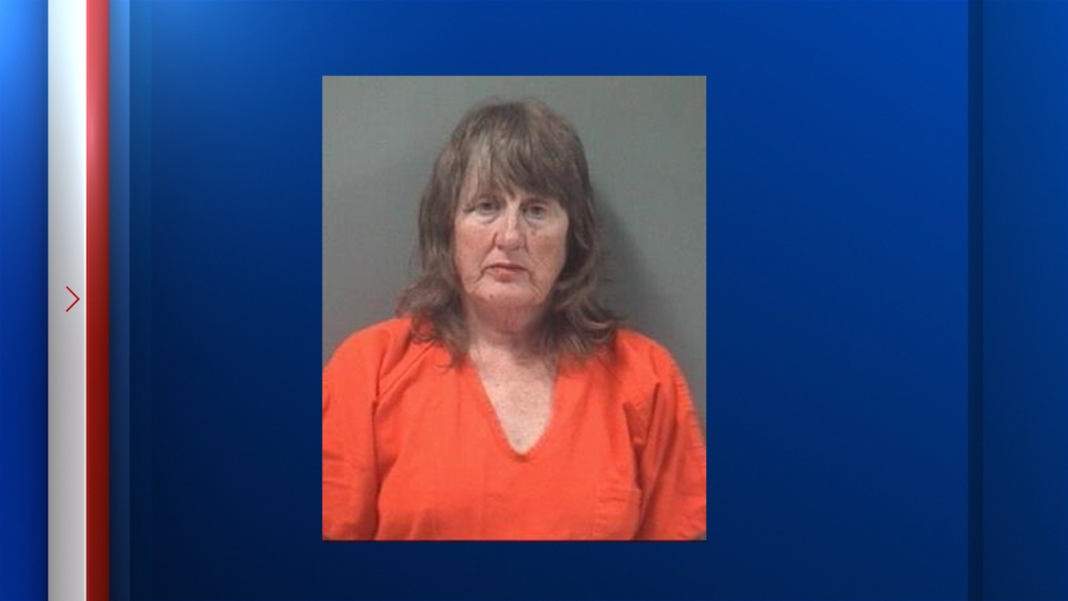In the realm of live performances, few experiences are as electrifying as attending a music festival. Fans eagerly anticipate the chance to see their favorite artists take the stage, pouring their hearts into the performances that create unforgettable moments. However, when an artist unexpectedly cancels their appearance, it can lead to disappointment and frustration among attendees. This scenario recently unfolded with singer-songwriter Chappell Roan, whose decision to withdraw from a festival sparked considerable backlash.
The controversy began when Roan, who has been gaining traction in the music industry, announced her cancellation due to unspecified personal reasons. In an age where transparency is often valued, fans and critics alike were quick to label the decision as “unprofessional.” Social media platforms buzzed with reactions, with some expressing understanding for her circumstances, while others voiced their displeasure, suggesting that artists have a responsibility to their audience.
This incident opens a broader discussion about the pressures faced by artists in the public eye. The music industry is notoriously demanding, with expectations for artists to maintain a rigorous touring schedule while also managing personal health and well-being. According to a study published in the Journal of Music Therapy, the mental health challenges faced by musicians are significant, with high rates of anxiety, depression, and burnout reported among touring artists. This raises an essential question: how can artists balance their professional obligations with personal needs?
Fans often perceive artists as larger-than-life figures, but they are, in fact, human beings with their own struggles and challenges. Renowned music psychologist Dr. David M. Greenfield emphasizes, “Artists are under immense pressure to deliver perfection, and when they falter, they face swift judgment.” This sentiment resonates in the case of Roan, whose cancellation led some to view her as unprofessional, while others recognized the weight of her likely internal struggles.
Moreover, the nature of social media amplifies the scrutiny artists face. In a world where public sentiment can shift in a heartbeat, the consequences of a cancellation can reverberate far beyond the festival grounds. Fans take to platforms like Twitter and Instagram to express their disappointment, and the immediate feedback can be overwhelming for an artist already grappling with personal issues.
Nevertheless, it is crucial to consider the broader implications of such cancellations. They may serve as a reminder of the importance of prioritizing mental health in a high-pressure profession. The music industry, like many others, is slowly beginning to recognize the necessity of mental health support for artists. Organizations such as Music Support and Help Musicians UK are working tirelessly to provide resources and assistance, ensuring that artists can seek help when needed without fear of stigma.
In conclusion, while the disappointment from fans is understandable when an artist cancels a performance, it is imperative to approach such situations with empathy and understanding. Chappell Roan’s case is not merely about a missed festival appearance; it highlights the often invisible struggles artists face behind the scenes. As fans and critics, fostering an environment that encourages artists to prioritize their well-being ultimately leads to a healthier, more sustainable music industry. Recognizing that the artistry we cherish is deeply intertwined with the human experience can pave the way for a more compassionate appreciation of the artists who bring joy to our lives.
